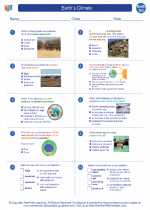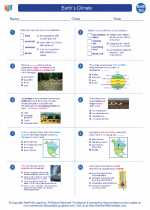Potassium
Potassium is a chemical element with the symbol K and atomic number 19. It is a soft, silvery-white metal that reacts violently with water and air. Potassium is an essential mineral for human health and is involved in numerous physiological processes, including maintaining proper nerve function, muscle control, and blood pressure regulation.
Key Facts about Potassium
- Atomic number: 19
- Symbol: K
- Atomic weight: 39.10
- Electron configuration: 1s2 2s2 2p6 3s2 3p6 4s1
- Boiling point: 1,420°C (2,588°F)
- Melting point: 63.25°C (145.85°F)
- Common compounds: Potassium chloride (KCl), Potassium hydroxide (KOH), Potassium nitrate (KNO3)
Physical and Chemical Properties
Potassium is a highly reactive metal and is never found free in nature. It is usually stored under mineral oil to prevent reaction with air. Potassium is soft enough to be cut with a knife. It has a low density and is a good conductor of electricity.
When exposed to air, potassium rapidly oxidizes, forming a layer of potassium oxide on its surface. It reacts vigorously with water, generating hydrogen gas and forming potassium hydroxide.
Role in Human Health
Potassium plays a crucial role in maintaining proper physiological function in the human body. It is an electrolyte that conducts electricity and is essential for nerve transmission and muscle function. Potassium also helps regulate fluid balance, blood pressure, and acid-base balance in the body.
A diet rich in potassium-containing foods, such as fruits, vegetables, and legumes, can help lower the risk of high blood pressure, stroke, and kidney stones.
Study Guide
When studying potassium, it's important to focus on its properties, reactivity, and its role in human health. Here are some key points to cover:
- Physical properties of potassium, including its appearance, density, and conductivity.
- Chemical reactivity of potassium, particularly its reactions with water and air.
- The role of potassium as an essential mineral in human health, including its functions in nerve transmission, muscle contraction, and fluid balance.
- Common compounds of potassium and their uses.
- Food sources of potassium and the health benefits of a potassium-rich diet.
[Potassium] Related Worksheets and Study Guides:
.◂Earth Science Worksheets and Study Guides High School. Earth`s Climate

 Worksheet/Answer key
Worksheet/Answer key
 Worksheet/Answer key
Worksheet/Answer key
 Vocabulary/Answer key
Vocabulary/Answer key
 Vocabulary/Answer key
Vocabulary/Answer key
 Vocabulary/Answer key
Vocabulary/Answer key
